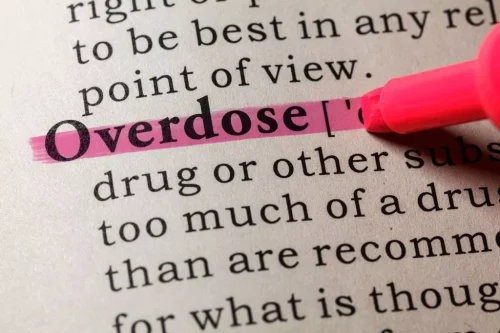
If you’re experiencing severe symptoms of alcohol withdrawal, be sure to talk to a healthcare provider. Then, we’ll learn about the benefits of quitting alcohol and ways to stay sober for the days, weeks, and months to come. As always, check in with a healthcare professional to be sure you avoid https://ecosoberhouse.com/ serious withdrawal symptoms. For most people, alcohol withdrawal symptoms will begin to subside after 72 hours. If you are still experiencing withdrawal symptoms after three days, talk to your healthcare provider. Alcohol is a drug, and alcoholism is every bit as damaging as drug addiction.
What Is Alcohol Withdrawal?

Alcohol withdrawal syndrome (AWS) describes a broad range of symptoms a person with AUD may experience when reducing or stopping alcohol misuse. A counselor can help someone prepare for life after withdrawal and provide support as they navigate quitting drinking. It’s typical for withdrawal symptoms to begin within hours to a day or two after you have your last drink. Symptoms are often at their worst around 24 to 72 hours after you stop drinking. Alcohol withdrawal delirium (AWD), commonly known as delirium tremens (DT), is the most serious symptom of alcohol withdrawal.
Will not drinking make me feel worse before I feel better?
About 90% of heavy drinkers will develop alcoholic liver disease, while 20–40% will develop alcoholic hepatitis, which occurs when the liver becomes damaged and inflamed. Many people with alcohol use disorder hesitate to get treatment because they don’t recognize that they have a problem. An intervention from loved ones can help some people recognize and accept that they need professional help.
Serious Short-Term Symptoms
“For patients who are left with cirrhosis after severe injury to the liver from alcohol, even one drink of alcohol is toxic to the liver,” cautions Dr. Lindenmeyer. Alcohol robs your body of nutrients and derails your metabolism. Alcoholic beverages are a source of added sugar and empty calories. Binge drinking can lead to consuming an extra 600 calories or more in a day. According to Volpicelli, the cognitive changes people can have from drinking—like memory trouble, slowed reaction time, difficulty controlling behavior, and poor concentration—get worse over time.
- Without support, it’s easy to fall back into old patterns when the road gets tough.
- You can also use the National Institute on Alcohol Abuse and Alcoholism’s Alcohol Treatment Navigator to search for a substance use treatment center near you.
- Counseling is usually recommended for someone experiencing alcohol withdrawal.
- If you have severe symptoms, you may require inpatient or even intensive care level monitoring.
- These may still be mild, or the existing symptoms might increase in severity.
- There is no exact timeline for alcohol withdrawal, and individual factors, such as the level of dependence on alcohol, will influence it.
The likelihood of developing alcohol withdrawal increases with the amount and frequency of your alcohol intake. These symptoms usually peak in intensity on the second or third day of being sober and tend to improve significantly between 2 to 7 days without alcohol use unless more severe symptoms develop. These symptoms usually begin 48 to 72 hours after you stop drinking and most commonly last 5 to 7 days. For example, some people may experience mild nausea with no vomiting, while others may have severe nausea and frequent vomiting or dry heaving.

Your Relationships May Improve

In some cases, AWS can be a medical emergency and — if complications arise — potentially life threatening. AWS is often accompanied by intense cravings to drink and may affect your emotional, cognitive, and physical well-being. Withdrawal is different for everyone; there really is no “normal” and it can be hard to predict an individual person’s experience. what happens when you stop drinking alcohol Mocktails and so-called zero-proof beverages are growing commonplace on menus as more people opt to follow a “sober curious” or strictly teetotal lifestyle. Drink plenty of fluids, but you don’t have to drink just water. Keep it interesting and varied with sparkling water, virgin cocktails (also known as mocktails), fruit juices, low-fat milk, or kombucha.
- While not everyone who quits drinking will experience withdrawal, you are more likely to have symptoms if you have been drinking for a long time, if you drink heavily, and/or if you drink frequently.
- Eating nutritious food, exercising, and getting enough sleep can help reduce some withdrawal symptoms, such as mood swings.
- No participants had a history of known liver disease or alcohol dependence.